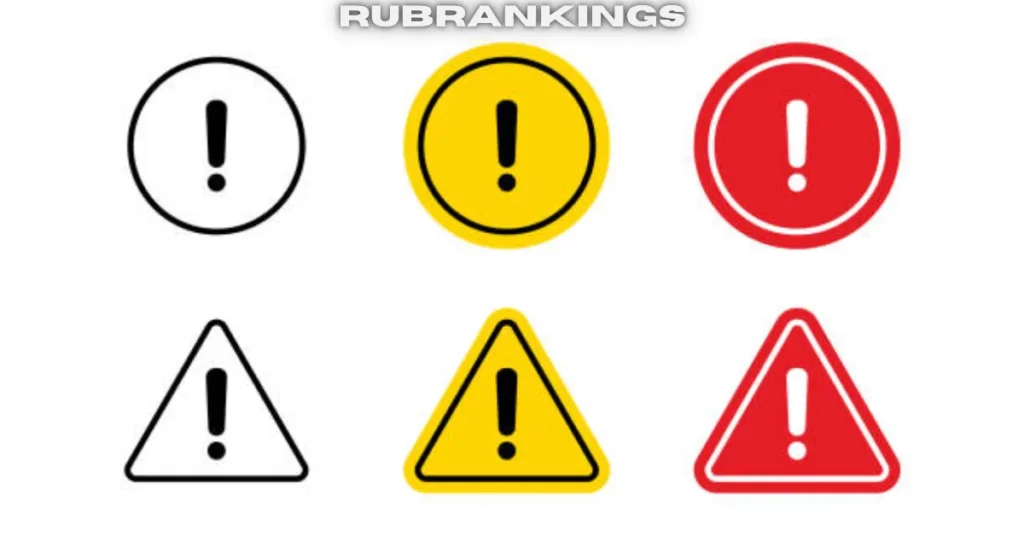The Swedish word gärningen might look simple, but it packs a punch. Directly translated, it means “the act” or “the deed.” You’ll see it pop up in crime reports, gritty Nordic noir novels, legal debates, and even everyday speech. But what makes this one word so layered is how Swedes use it to talk about everything from petty theft to deep moral choices.
What Exactly Is Gärningen?
In grammar terms, gärningen is just the definite singular form of gärning—which comes from the verb göra (“to do”). So, just like we turn “do” into “deed” or “doing” in English, Swedes get gärning from göra.
- En gärning = an act
- Gärningen = the act
- Gärningar = acts
- Gärningarna = the acts
Simple, right? But the way it’s used in real life is where things get interesting.
Why Do Cops and Courts Use Gärningen So Much?
In Sweden, gärningen pops up all the time in police work and court cases. Headlines love it too. If someone says på bar gärning, they mean someone was caught red-handed—literally “caught in the act.” It’s the phrase you’ll see in crime reports, arrest records, and TV news when someone’s busted mid-crime.
Other common legal phrases:
- Tidpunkten för gärningen: “The time of the act”
- Platsen för gärningen: “The place of the act”
- Motivet bakom gärningen: “The motive behind the act”
In courtrooms, the exact details of gärningen—what happened, who did it, whether it was on purpose (uppsåtlig gärning) or just careless (oaktsam gärning)—can make or break a case. Swedish law cares a lot about whether a deed was intentional, negligent, or reckless.
How Do Writers Use Gärningen in Fiction?
Look at any Swedish crime novel, and you’ll probably find gärningen lurking in the plot. It can be:
- A dark secret that haunts a character
- A crime that sets the story in motion
- A clue that keeps readers hooked
Scandi noir writers like Stieg Larsson or Henning Mankell love weaving gärningen into twisty plots. It’s not just a legal term—it’s symbolic. It can stand for guilt, mystery, or the moment when a character’s life changes forever.
Where Else Does Gärningen Show Up?
Swedish true crime shows, podcasts, and documentaries love this word. Some even put it right in the title—like I gärningens spår (“In the footsteps of the act”). It gives a sense of following clues, piecing together what happened, and digging deep into the why behind a crime.
You’ll also hear it in Swedish news and podcasts that break down real cases. When it shows up, you know the story is about what really went down—step by step.
Does Gärningen Show Up Outside Sweden?
You might be surprised, but yes. Thanks to the global love for Nordic noir, foreign readers and Netflix watchers hear gärningen all the time in subtitles. Fans of Swedish shows pick up bits of the language, and this word sticks because it’s short but important.
In academic circles, it’s studied too—especially when looking at how language shapes ideas about crime, guilt, and justice in Sweden.
Why Bother Learning Gärningen?
If you’re picking up Swedish or just love Scandinavian stories, gärningen is a perfect peek into how Swedes talk about actions and consequences. It shows up in courtrooms, thrillers, and evening news bulletins. Knowing what it means—and how it’s used—gives you a window into Swedish culture and mindset.
It’s also a good reminder that one word can carry layers of legal, moral, and narrative meaning all at once.
Final Word
Gärningen might just mean “the act,” but in Sweden, it means so much more. It’s the crime in a detective novel, the key detail in a court case, the turning point in a character’s fate. It’s also a great example of how language, law, and culture connect.
Next time you watch a Swedish crime series or flip through a Nordic thriller, keep an ear out for gärningen. Now you’ll know it’s not just a word—it’s a whole story waiting to unfold.










Got a Questions?
Find us on Socials or Contact us and we’ll get back to you as soon as possible.